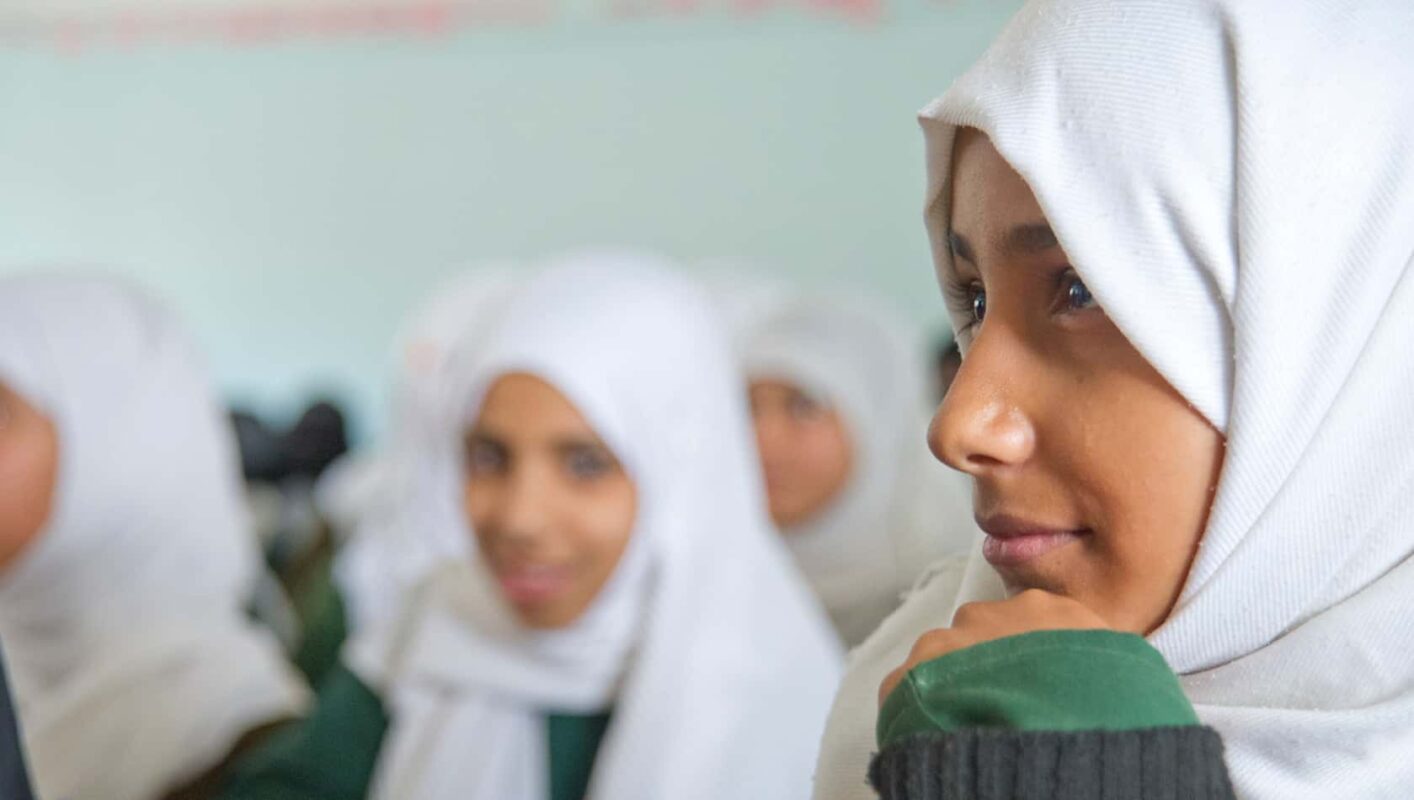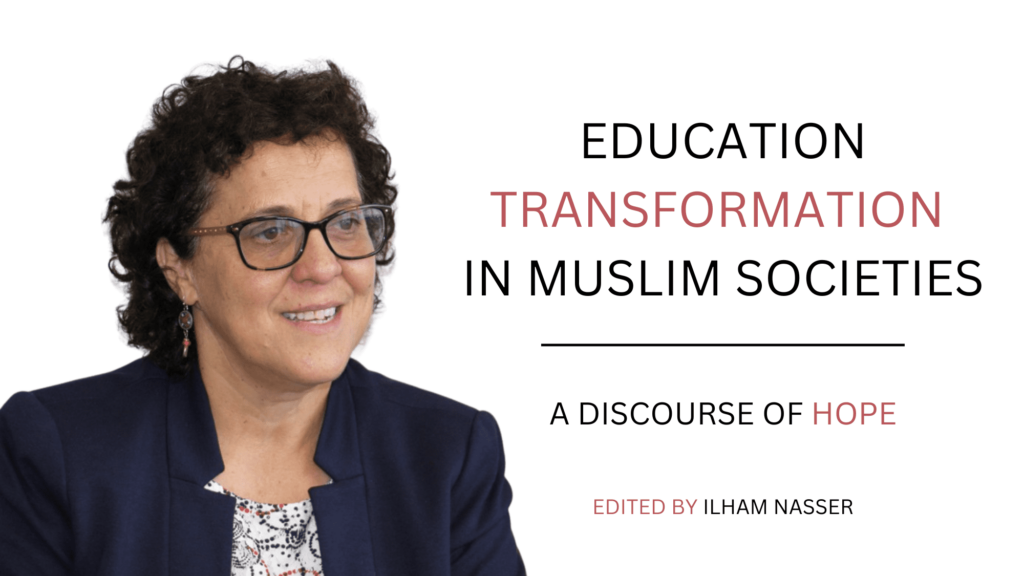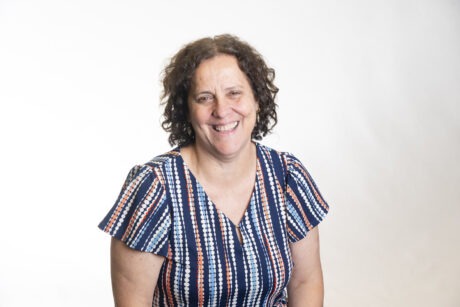
A 14-year-old Arab teenager sat in front of me while her mind and eyes were focused elsewhere. She had spent more than an hour glued to her phone and ignoring everyone, so I tried to start a conversation by asking about her aspirations for the future. She looked up and replied, “To immigrate and live in the West!”
When I asked why, she firmly said, “To have a future of happiness.”
Having to stay in survival mode feeds into the psyche of Muslim youth, especially when a general feeling of skepticism, helplessness and a perceived sense of collective hopelessness hangs in the air.
Distressing situations are quick to crush virtues like dignity and creativity, and a shared vision for the future is lost. This describes life for many people and societies, especially in the wake of the COVID-19 pandemic.
Some Muslim youth see immigration as the only way to break free from their socioeconomic conditions. As they search for a better life elsewhere, they focus on escaping their communities rather than investing in them.
In the face of economic, political, health and educational declines, developing societies must adopt agendas of hope to break the cycle of depression that lack of progress brings and to galvanize energy for finding solutions.
Education offers hope that counters the discourse of negativity and powerlessness. Education can be an antidote to despair, a concept that inspired the recent book I edited — “Education Transformation in Muslim Societies: A Discourse of Hope.”
Hope in schooling has been connected to academic achievement, life satisfaction and flourishing. This book introduces educational models for interacting with students to instill a positive future orientation among the next generations.
It also includes stories and perspectives on changing the educational discourse from being deficit oriented to being hopeful and action-oriented. It fills a gap in the existing literature on promising practices in Muslim societies and communities.

Expanding the discourse of hope
Hope is not about an ideal concept or perfection; rather, it encompasses the dreams, visions, wishes and values of people (Kaethe Weingarten writes more about this). In other words, hope is grounded and real, and it focuses on what is possible.
It also has deep cultural connotations and can be a catalyst for bringing people together. In Muslim societies, this approach to instilling hope is grounded in Islamic teaching and verses, but it also has a basis in the cultural contexts and traditions of many Muslim majority societies.
Though progress has been made in many Muslim societies on early education and girls’ enrollment in school, it is not well documented. Investment in Muslim countries can be motivated by negative and sometimes stereotypical views of these societies.
By examining effective educational initiatives and analyzing them, educators and policymakers can create a catalyst for educational reform and transformation and highlight asset- and strength-based educational approaches.
Contributors to “Education Transformation in Muslim Societies” reveal how critical the whole-person approach is for enriching the brain and the spirit. They identify indicators and conditions needed to implement successful educational interventions and document those as they are expressed in curriculum, pedagogy, policy and educational settings.
The book brings the voices of educators and teacher educators from multiple countries and communities to the forefront, such as Egypt, Palestine, Turkey, Malaysia, Switzerland, South Africa and the United States.
These contributors are not naïve enough to think that hope is the only path to reform education and transform societies. Instead, they examine hope as part of an integrated system, considering diverse approaches and research findings to highlight what is hopeful in Muslim societies.
As we rebuild from the pandemic and face modern challenges, it is more important than ever to have these discussions on ways we can manage, coordinate and further hope to foster well-being for Muslim youth and society.
To learn more, check out Education Transformation in Muslim Societies: A Discourse of Hope.
